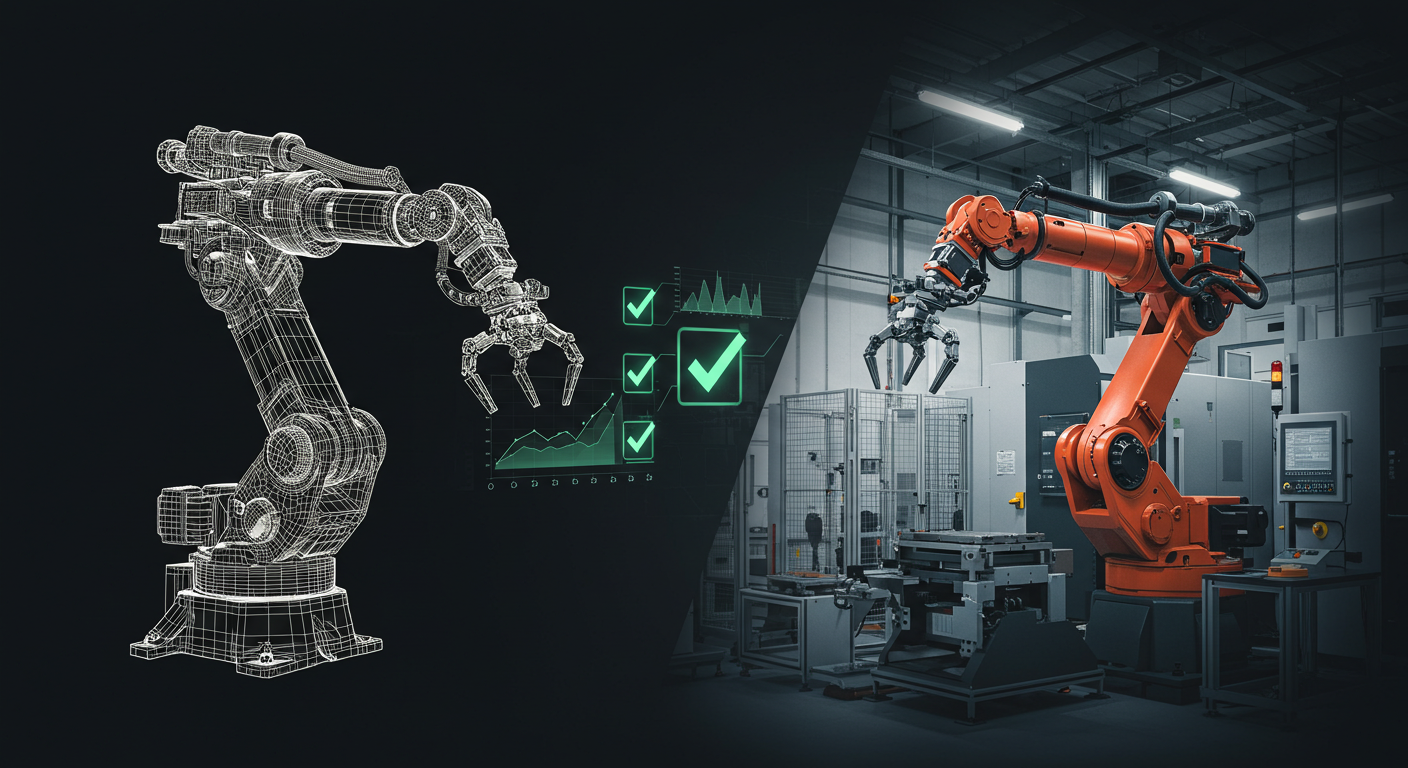GRC is a Broken Term. It's Time for Operational Compliance.
By Justin Trollip, Founder of Demiton on 14 July 2025
In my last article, The GRC Landscape: A Guide to the Two Worlds of Compliance, I argued that the term "GRC" has become dangerously over-broad. We've been using one acronym to describe two completely separate universes: the digital world of InfoSec and the physical world of operations.
The feedback on this idea was immediate and clear: it resonates because it's true. An ISO 9001 audit for a factory has almost nothing in common with a SOC 2 audit for a cloud application. The risks are different, the evidence is different, and the tools must be different.
This is why I believe the generic term "GRC" is failing industrial businesses. It's time to name the category that truly matters to them.
It's time for Operational Compliance.
What is Operational Compliance?
Operational Compliance (OpC) is the discipline, process, and—most importantly—the system for managing the governance, risk, and compliance of your physical operations and supply chain.
It's GRC for the real world.
While InfoSec GRC focuses on protecting data and digital assets, OpC focuses on protecting the integrity of the things you actually make, move, and maintain.
An OpC platform is not concerned with whether your engineers use two-factor authentication. It's concerned with these questions:
- Product Integrity: Is every component in this final assembly traceable to an approved supplier and a valid test certificate?
- Process Integrity: Was every step in the production route followed correctly, and was every quality checkpoint passed and recorded?
- Personnel Integrity: Was the technician who calibrated this machine certified to do so?
- Asset Integrity: Is the maintenance log for this critical piece of factory equipment up-to-date and auditable?
This is the GRC that prevents product recalls, ensures worker safety, passes regulatory audits, and protects your core revenue.
Why "Operational Compliance" is a New Software Category
For decades, OpC has not been a software category. It has been a binder, a spreadsheet, a network folder, and a series of frantic emails before an audit. It's the "compliance gap" that lives between the structured data in an ERP like Microsoft Dynamics 365 and the chaotic, unstructured evidence of real-world activity.
Software didn't solve this because it was seen as a "people problem." But it's not. It's a system problem that requires a new type of system.
An Operational Compliance Platform is defined by three core characteristics that distinguish it from any other tool:
-
It Connects to Your Operational System of Record (Your ERP). An OpC platform's foundation is a live, native integration with your ERP. For us at Demiton, that's Dynamics 365. We don't try to replace your product master or your asset register; we use it as the single source of truth for what exists. Our platform then enriches that data with its compliance context.
-
It Manages Evidence, Not Just Data. The output of operational compliance isn't just a "pass/fail" data point; it's a body of evidence. It's the PDF of a test certificate, the photo from a quality inspection, the signed-off training record. An OpC platform is a Controlled Document Hub designed to manage the full lifecycle of this evidence—versioning, approval, and expiry.
-
It Models Real-World Processes. An OpC platform must understand that compliance happens in a sequence, on a factory floor. It maps your digital checklists, maintenance tasks, and CAPA workflows directly to the physical assets and production routes defined in your ERP. It digitizes the binder and automates the follow-up.
Demiton: The First True Operational Compliance Platform for Dynamics 365
We didn't set out to build another GRC tool. We set out to solve a specific, painful problem for industrial companies. In doing so, we realized we were building the first true Operational Compliance platform for the Microsoft Dynamics ecosystem.
Every feature in Demiton—from our Unified Evidence Hub to our No-Code Workflow Builder—is designed to serve this new category. We're not trying to be a SOC 2 tool, a cybersecurity scanner, or a developer utility.
We are, and will continue to be, laser-focused on being the essential system of record for the GRC that happens in your factory, on your construction site, and across your supply chain.
The age of generic GRC is over. The era of Operational Compliance has begun.
Is your primary risk in the factory, not the cloud? Schedule a call with our team, and let's talk about building a true system of control for your operations.
